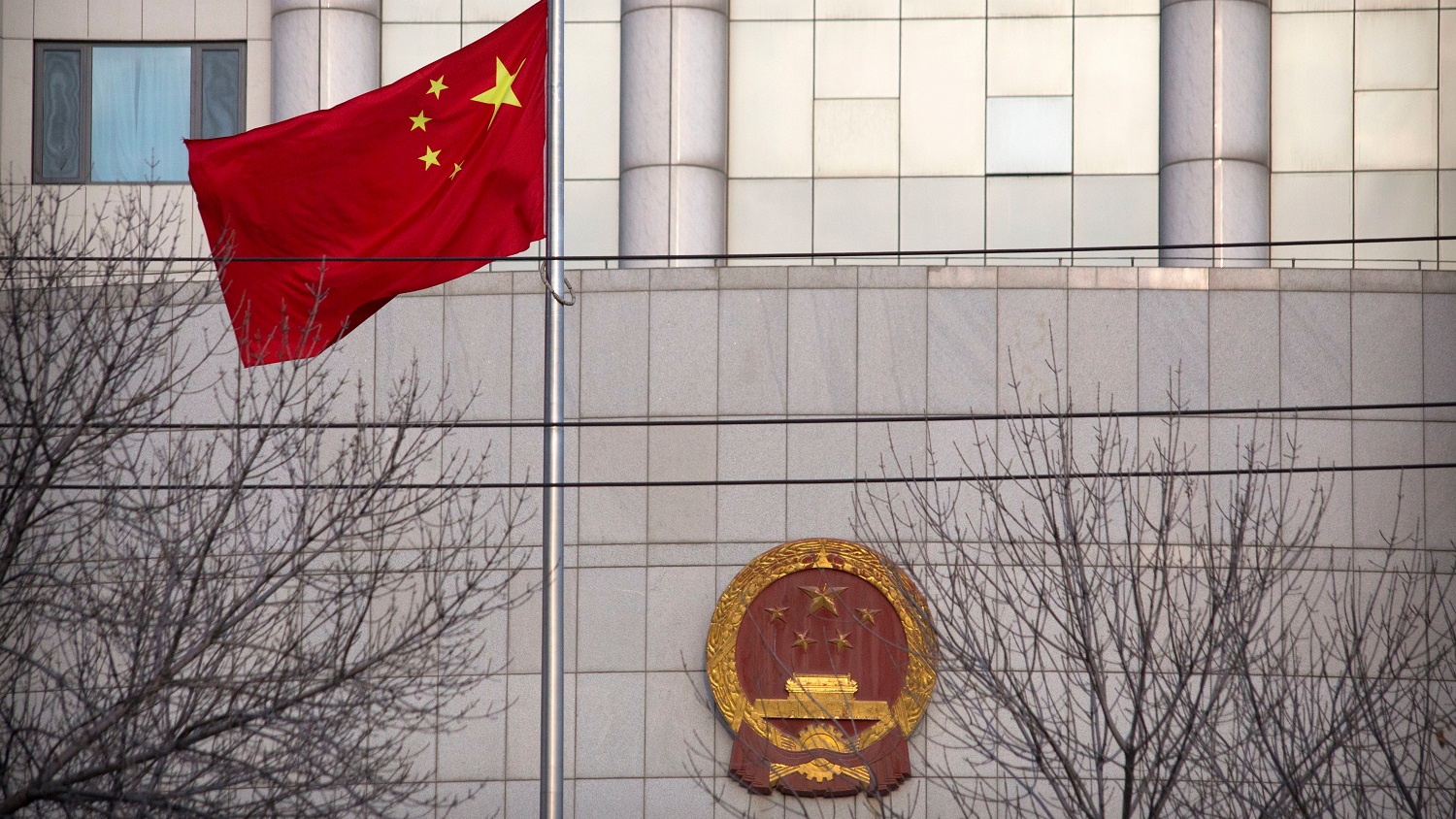China Box Office Likely to Drop More Than $4.2 Billion Due to Coronavirus
By Rebecca Davis
LOS ANGELES (Variety.com) – China’s National Film Administration predicted Wednesday that box office will drop by nearly half this year, due to cinema closures necessitated by the coronavirus epidemic.
At a meeting to discuss how the film industry has responded to the epidemic on Wednesday, the director of China’s National Film Administration and executive deputy minister of the higher ranking Central Propaganda Department, Wang Xiaohui said that “the epidemic has created an unprecedented crisis for the film industry, and is forcing it to reform and upgrade itself.”
The NFA said that box office revenue could drop by more than $4.24 billion (RMB30 billion). That compares with 2019’s $9.2 billion (RMB64.3 billion) total.
Wang also used the occasion to issue a warning on theatrical windows that may console dispirited cinema operators. “It is necessary to maintain the rule of the release window, adhere to the spirit of contracts, and strengthen one’s sense of integrity,” he was cited as saying.
That was a clear response to a high-profile example of the erosion of the traditional film releasing hierarchy that occurred at Chinese New Year and the beginning of the coronavirus lockdown. Hong Kong-based studio Huanxi Media and actor-writer-director Xu Zheng decided to pull their blockbuster comedy “Lost in Russia” from theaters and release straight to streaming via Bytedance’s suite of video apps, including Douyin, China’s version of TikTok, for a handsome $90 million fee.
Theaters in China have been shut since late January, and there is currently no date set for when they might reopen. While some reports cite a Beijing official saying that June may be a possibility, Wang offered no date hunt. And no official written reports or statements have been put forth from film industry authorities on the matter. That likely indicates that they are taking a wait-and-see attitude and observing what will happen in terms of second waves of infections.
Whatever the exact timing, it is unlikely that entertainment venues will reopen before China holds its key, annual political gathering, the National People’s Congress, which typically sees thousands of delegates from all over the country arrive in Beijing. The meeting is a time of heightened political sensitivity, with Internet censorship on high alert and dissidents kept on especially tight leashes, for fear of anything disrupting its proceedings. A sudden uptick in coronavirus cases at that time, particularly in the capital, would be considered deeply problematic.
The congress’s top body, the Standing Committee, said Wednesday that it intends to convene the event beginning May 22, in what could be construed as the clearest sign yet of when Chinese authorities believe that the epidemic situation will be under control.
“In the mid- to long-term, a combination of factors such as downward economic pressure will cause profound adjustments to the film industry’s structure, modes of production and business philosophy, and have a profound impact in all domains,” Wang said.
Wang explained that the national-level administration should combine short-term relief efforts for cinemas with longer sighted ones, such as preferential fiscal and taxation policies, and encourage local governments to do the same.
Thousands of cinemas have disbanded since the shutdowns were imposed. Wang appeared to encourage consolidation of the exhibition sector, saying, “we must help cinemas’ [business] grow bigger and stronger through reorganization, encourage cross-regional reorganization.”
Meanwhile, efforts must be made to spur the creation of propaganda content, he added, including works that celebrate next year’s 100th anniversary of the ruling Communist Party, detail how people’s lives have been improved by economic development, or take the coronavirus epidemic as their subject, as long as they also “promote positive energy.”

